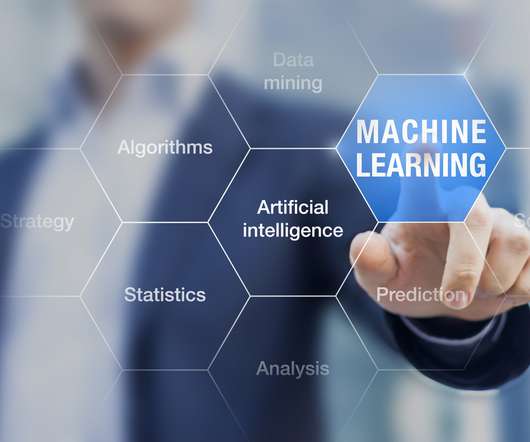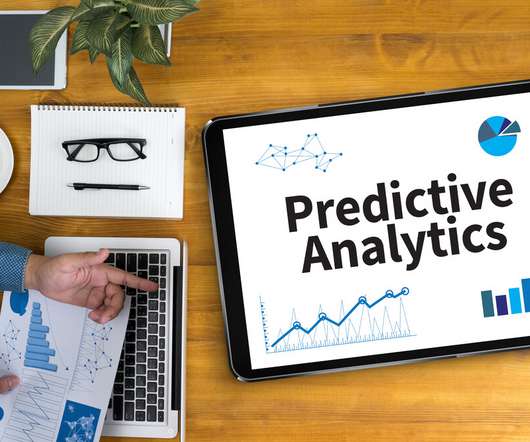What is data analytics? Analyzing and managing data for decisions
CIO Business Intelligence
JUNE 7, 2022
What is data analytics? Data analytics is a discipline focused on extracting insights from data. It comprises the processes, tools and techniques of data analysis and management, including the collection, organization, and storage of data. What are the four types of data analytics?














Let's personalize your content